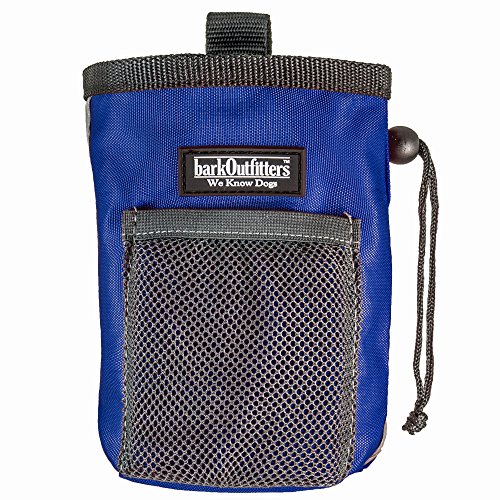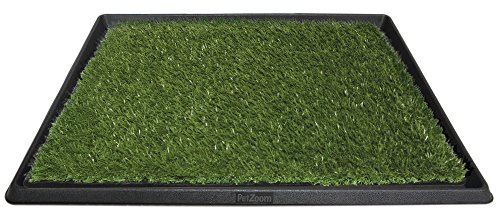Swollen Hocks Syndrome In Dogs
The Shar Pei is one of the only dogs to deal with the swollen hocks syndrome. While there are others they are not considered to be genetically predisposed to the disease. This means that the Shar Pei needs to have special treatment during their lives to make sure they dont suffer needlessly. We are going to look at the swollen hocks syndrome from the signs to the treatment and even the cause. It is important to understand what your dog is going to go through if they are ever diagnosed with the disorder.
First of all the Shar Pei and other breeds have an increased level of cytokine interleukin. This is something the body creates. The overproduction of this element causes a fever response in the dog. When this is triggered an acute phase reactant syndrome sets in. Basically the immune system is affected by the overproduction so that your pet has issues. In none clinical terms amyloid is overproduced resulting in a fever and inflammation. The inflammation causes the cells to be compressed so that they dont work properly. This means that the organs and kidney cells will be damaged. Since the kidney is what produces the amyloids in the first place you will usually see signs of kidney failure with the disease if it is not treated properly. You will also find that death can occur if the disorder is left untreated.
For Shar Pei, swollen hocks syndrome is very serious. There are several things to look for. There is often unexplained weight lose, increase thirst and urination, vomiting, bad breath, and pain in the abdomen. You will find that with the Shar Pei the swollen hocks syndrome can affect dogs from as young as eight months. You will also find that most of the Shar Pei that are affected with this syndrome will die around 3 to 5 years if they have the genetic defect. This means that most often the dog will not live a very long life. If you monitor the swollen hocks syndrome your dog does have a chance to live a little longer. When your dog is in a fever episode they will have swelling in the joints, swollen or painful muscles, and they may be reluctant to move because of the pain they are feeling in the abdomen.
The swollen hocks syndrome cannot be prevented in a dog that suffers from the genetic disorder. The only thing an owner can do is treat the issue. You will find that colchincine, glomerulonephritis, and other medications are offered to treat the issue. There are some aggressive treatments that are similar to helping with heat stroke when a dog is in the fever stage of the disease. Most often the dog will end up dying from the kidney failure the disease causes even with treatment.
The swollen hocks disease is a very serious illness that most dogs do not suffer from. The Shar Pei are going to be the most common dog to suffer from this type of disease. Remember that it is best to offer treatment even if the outlook is not good because it can help lessen the suffering they are going through. You may also prevent the eventual kidney failure. It will really depend on how much you are willing to take care of any dog that has this illness and should be a huge consideration if you are thinking of adopting one.

 Small Dog Cross Breed As A Pet
Our dog, Mika , is quite a mix of breeds.
Small Dog Cross Breed As A Pet
Our dog, Mika , is quite a mix of breeds.
 Pet Health Part 1
PlantLooks like a Cactus
Credit: Wiki
Pet Health Part 1
PlantLooks like a Cactus
Credit: Wiki
 Manners Versus Obedience In Dog Training
Most people who get a dog re
Manners Versus Obedience In Dog Training
Most people who get a dog re
 Best Dog Breeds For Children
The best way to have a family friendly dog is to love i
Best Dog Breeds For Children
The best way to have a family friendly dog is to love i
 How To Train Your Puppy The Right Way
Train Your Dog Using Positiv
How To Train Your Puppy The Right Way
Train Your Dog Using Positiv